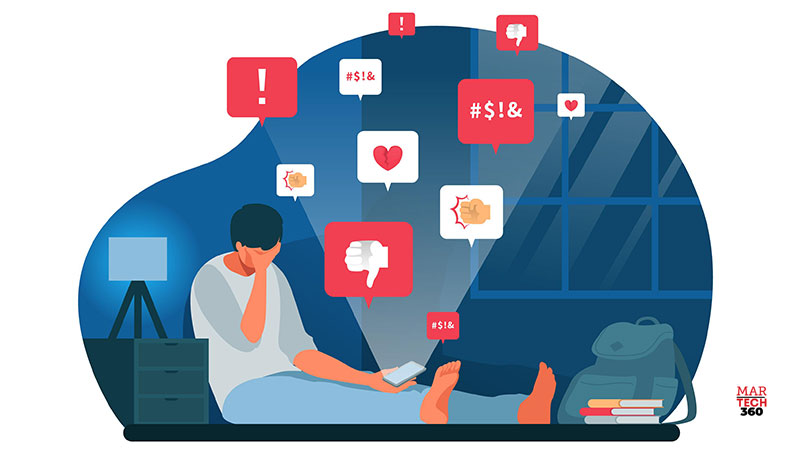Like the tobacco, oil, gun, opioid and vaping industries before them, the big U.S. social media companies are now facing lawsuits brought by public entities that seek to hold them accountable for a huge societal problem — in their case, the mental health crisis among youth.
But the new lawsuits — one by the public school district in Seattle last week, with a second filed by a suburban district Monday and almost certainly more to come — face an uncertain legal road.
The U.S. Supreme Court is scheduled to hear arguments next month over the extent to which federal law protects the tech industry from such claims when social media algorithms push potentially harmful content.
Even if the high court were to clear the way for lawsuits like Seattle’s, the district has a daunting challenge in proving the industry’s liability.
And the tech industry insists there are many ways social media’s effects on teen mental health differ from, say, big pharma’s role in pushing opioid addiction.
“The underlying argument is that the tech industry is to blame for the emotional state of teenagers, because they made recommendations on content that has caused emotional harm,” said Carl Szabo, vice president and general counsel of the tech industry trade association NetChoice. “It would be absurd to sue Barnes & Noble because an employee recommended a book that caused emotional harm or made a teenager feel bad. But that’s exactly what this lawsuit is doing.”
Seattle Public Schools on Friday sued the tech giants behind TikTok, Instagram, Facebook, YouTube and Snapchat, alleging they have created a public nuisance by targeting their products to children. The Kent School District south of Seattle followed suit Monday.
The districts blame the companies for worsening mental health and behavioral disorders including anxiety, depression, disordered eating and cyberbullying; making it more difficult to educate students; and forcing schools to take steps such as hiring additional mental health professionals, developing lesson plans about the effects of social media and providing additional training to teachers.
“Our students — and young people everywhere — face unprecedented learning and life struggles that are amplified by the negative impacts of increased screen time, unfiltered content, and potentially addictive properties of social media,” Seattle Superintendent Brent Jones said in an emailed statement Tuesday. “We are confident and hopeful that this lawsuit is a significant step toward reversing this trend for our students.”
SOURCE: AP NEWS


Comments are closed.